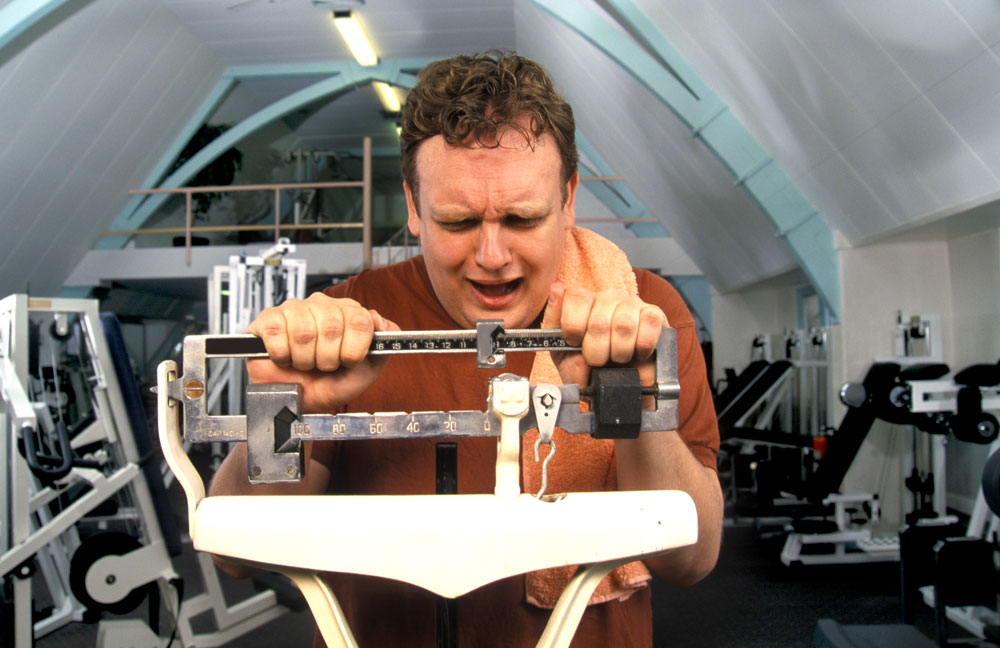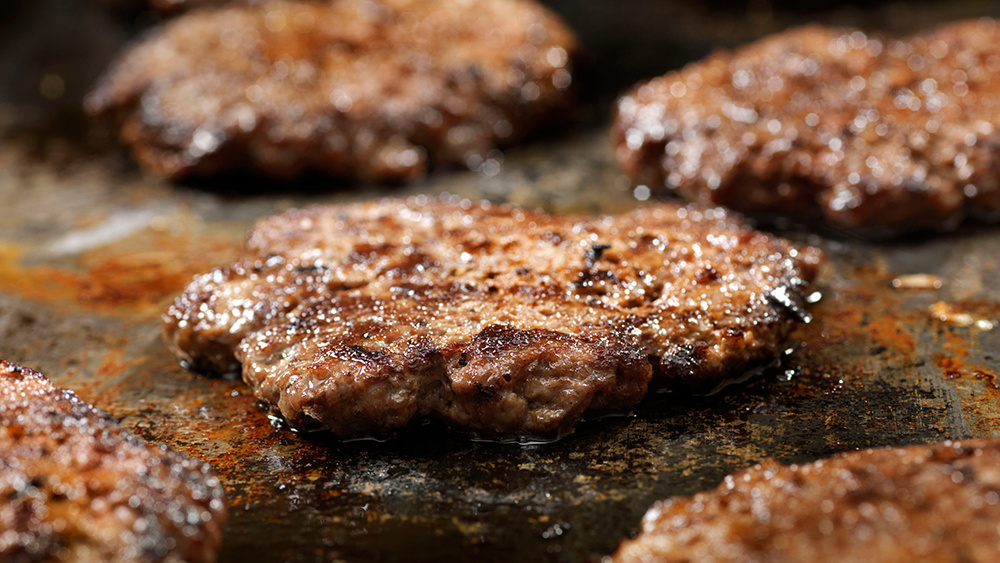Exercise is Not a Weight Loss Tool

 Add to favorites
Add to favorites
Will exercise help you lose weight? That is certainly what we’ve been conditioned to think. However, evidence points towards a different answer. Exercise is great for your overall health but it won’t help you lose weight. In fact, it may be counteractive towards this goal. Let’s take a closer look.
We’ve all heard the phrase “calories-in, calories-out.” This concept is derived from studies performed by researcher Max Wishnofsky in 1958 (1). Max concluded that the caloric equivalent of one pound of body weight lost or gained is 3500 calories (kcal). In order to lose one pound of fat (which is has an energy density of 9.5kcal/gram) one needs to create a deficit of 3500 calories. Basically, in order for your body to lose one pound, you need to burn 3500 calories.
The problem with this Rule is that it is based on a theory that energy output by the human body is constant. One study (2) suggests energy balance in the human body is dynamic and adaptable. We now know that our bodies use energy in three ways:
- Our basal metabolic rate. This is the energy used by our bodies to maintain our basic functions. It is also known as our resting metabolism. This accounts for 60-80% of our daily energy consumption.
- The energy required to digest our food. Breaking down food burns about 10% of our daily energy.
- The energy expended during exercise. This includes all forms of movements like intentional exercise and actions like walking and even fidgeting. The typical energy spent in this category averages between 10-30%.
What is interesting to note here is that we have no control over our resting metabolism AND it makes up the largest portion of our expended energy each day. Conversely, the energy consumed across these three categories comes 100% from the food we eat each day. It is one of the only things in this equation that we have complete control over. If exercise can only burn up to 30% of our energy (aka calories) then why do we place such importance on the role of exercise in weight loss? All that blood, sweat, and tears in the gym only accounts for a little portion of your calorie consumption. Something isn’t adding up here.
Another thing that can sabotage your weight loss efforts are behaviors we exhibit in compensation for increased physical activity (3). We are typically hungrier after we exercise and are therefore more likely to consume more calories after a workout. All that hard work can easily be undone in just a few minutes of eating afterward if we don’t make good choices. An unsavory fact to swallow. It’s easy to overestimate how many calories you burned in your workout. And it’s hard to always draw upon the willpower to maintain smaller portions and nutritionally balanced meals. There’s also a lot of evidence to suggest that we simply slow down after heavy workouts. (4) We unconsciously make choices that require less effort and in doing so expend less energy outside of our workout.
Even comparing active lifestyles to sedentary ones, researchers found that people who lead extremely physically strenuous lives didn’t burn more calories on average than those who lead very sedentary lives. They compared the energy output of a hunter-gatherer tribe in Tanzania, the Hadza, to that of adults in the US and Europe and found no difference in their daily energy burn. The researchers concluded that energy burnt by physical activity is offset somewhere else. (5) It makes sense from a survival standpoint, right? We typically have a finite amount of energy and a lot of important processes in the body that require that energy to keep us alive. So it makes sense that the body will compensate for huge changes in our energy dynamics. After all, our body wants to maintain homeostasis.
These points are summarized well in the video below. It’s an informative five minutes!
Western society has put a lot of emphasis on energy expenditure as a means of controlling and managing weight. We associate obesity and poor weight management with low physical activity. What we’ve learned from recent studies is that energy expenditure is largely out of our control. Our bodies continue to adapt to our changing environment and routines to maintain homeostasis. If we want to tackle expanding waistlines we need to look at what is in our control. Energy input; what we eat. Take it from the British Medical Journal, “You cannot outrun a bad diet.” (6)
So why isn’t this a widespread notion when the data is clear? Consider that every form of consumable information is inundated with commercials and advertisements. It’s in the best interest of the food and beverage industry to perpetuate the thought that we can manage poor eating habits with exercise. We can continue to eat too much sugar and too many processed foods if we simply counteract these habits with consistent exercise. As we’ve just learned, this is not the case. Let’s rebrand exercise as a tool to increase our overall health but not one for weight loss.
Cheers,

Nothing found.
Smash Burgers
ZS-5 Ingredients or Less,ZReboot,Featured Posts,ZSpecialties,Recipes
Smash burgers are all the rage. Step into a brew pub and you’ll likely find a smash burger on the food menu. These are NOT the huge, 8oz burgers we’ve been fed in the past. These are a thinner burger…
Rustic Cherry Tart
Z3.5-Desserts,ZSpecialties,ZReboot 3.5,Free Content,ZLife,ZS-Holiday
This cherry tart is so easy and it’s fancy enough to serve at a dinner party.
Who Invented St. Patrick’s Day?
I always knew I was of Irish descent, but I never really knew HOW Irish I was until I got my 23 n Me results back.
Kitchen Hacks for Enjoying Lower Carb Pasta Meals
Enjoy your pasta; just don’t do it too often. Follow hints like this and you’re much less likely to gain weight.







